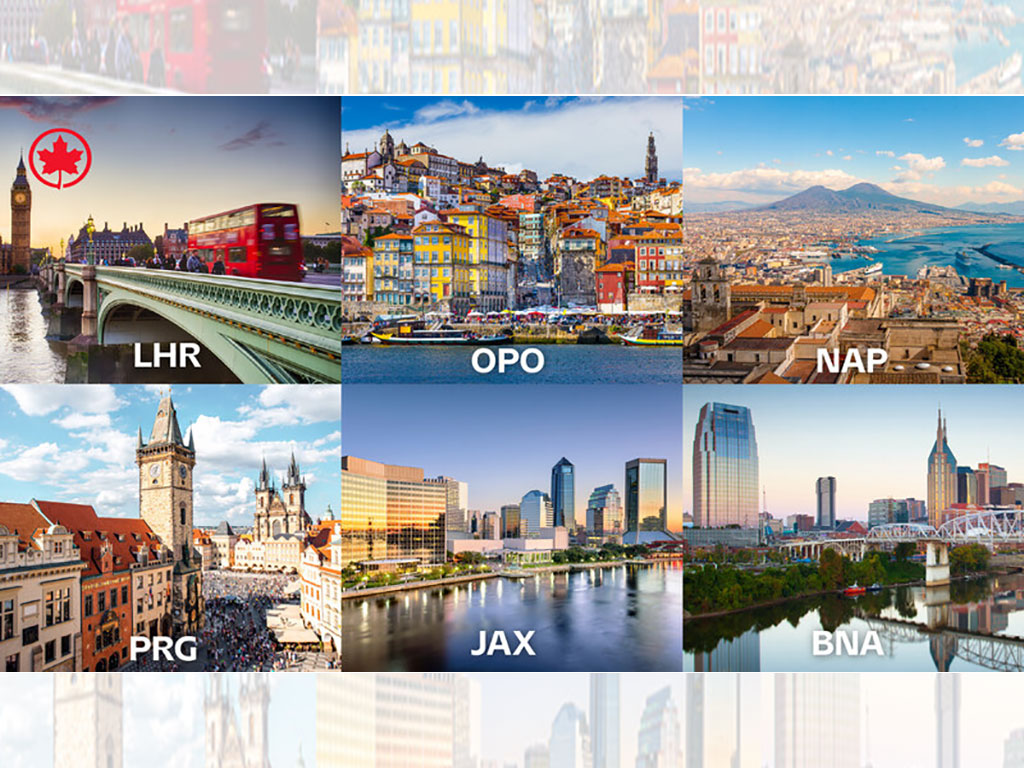What’s Driving Business Travel Behaviour

In a new study, the Association of Corporate Travel Executives (ACTE) — in collaboration with Deem – finds that comfort with technology, as well as values and views of business travel, drive generational variance in business travel behaviour.
However, the study – “Technology Planning in Crisis: A Multi-Generational View,” notes that with the current coronavirus crisis putting travel on hold worldwide, these findings take on a different kind of significance: The technology that younger generations of business travellers have relied on could have broader implications for businesses overall as they move further toward remote work.
Travel buyers say that, generationally, travellers’ behaviour and practices vary most in their use of mobile booking (61%), indicating that innate comfort with technology affects whether travellers use mobile tools or continue to lean on more traditional means.
The hunger among tech-savvy generations for more connectivity, then, has driven more overall uptake of technology across organizations. This is changing the face of travel, but also ensuring that many technology resources are already in place as the workforce continues to move to more remote working situations.
ACTE’s executive director, Leigh Bochicchio commented: “We began this study focused on the needs of the multigenerational workforce – to better understand how travel buyers can help make the travel experience seamless across generations.
Bochicchio continued: “In this current climate, however, many of our findings can be informative for the larger business community as more and more operations are made remote and moved online.”
Deem president and CEO, John Rizzo noted that: “This is also the right time for businesses to review the technology they’re providing to their travellers.”
And Rizzo added: “Once everyone is home safely, travel managers can refocus on their offerings and be assured they’re ready for the return to business travel and our new ‘normal’, which may include a heavier reliance on remote work.”
Higher Stakes
ACTE points out that when it conducted its survey, 36% of buyers cited leakage, or out-of-policy bookings, as the most significant challenge when managing travel across demographic age groups.
However, the association continues, in today’s uncertain climate, the potential threat noncompliance poses to traveller safety can have more significant implications. Those who tend to go off-policy may have less familiarity with the tools available to them if they find themselves stuck in a coronavirus hot zone, or if they must travel for essential business.
To address this problem – and in the future, the leakage issue – ACTE says that it’s important to understand why travellers, especially younger ones, are less inclined to stick to the policy.
Said Bochiccho: “By going off-policy, travellers may compromise their safety and that of others. Travel buyers must determine why compliance issues exist and encourage traveller adherence – helping employees understand risks can create an opportunity to demonstrate the larger benefits of travel policies, and the customisable options that exist within them.”
Meeting In The Middle
The association also said that it’s not enough to just understand how behaviours are changing, rather it’s essential to adapt.
But, ACTE states, this doesn’t mean organizations should be allowing travellers to set the agenda. Instead, it means taking the time to solicit feedback while also providing education – especially about why the travel policy exists – to support them.
And it suggests a number of things travel managers can do to adapt their practices to the new normal:
- Speak with travellers to understand what they need and why they use specific tools
- Identify where the policy gaps happen most often, and seek ways to close them, either through policy updates or improved education
- Invest in education, building it into the onboarding process to ensure all employees are informed of the travel policy
- Allow for customization options – within reason
- Provide real-time feedback in the booking software that can alert travellers of potential issues before they book
Overall, ACTE believes that the new research demonstrates how business travel can have a broader impact across any business – not only in terms of how it affects business outcomes, but how norms and behaviours among travellers and travel departments can help inform cultural shifts in times of change or crisis.
For the travel manager, then, this presents an opportunity not only to support their organization in the transition to remote work, but also to step back and look to the future for how their department can be the vanguard for future change and business preparedness.
Go to www.acte.org for more, or check out www.Deem.com.


